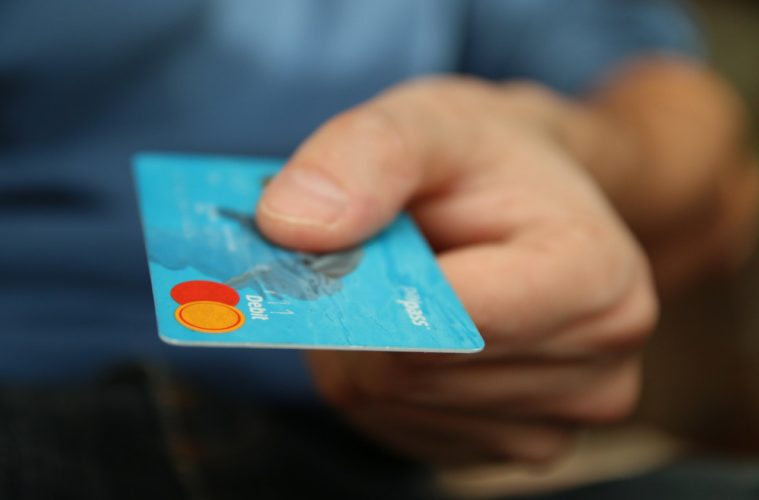University can be an enriching experience in many ways. It’s your first taste of freedom, a place to broaden your mind, build new relationships and discover a career. Yet it’s often not quite as enriching for your bank balance…
Free reign combined with minimal income and interest-free overdrafts can lead to mounting debt – while a poor credit score may hamper you long after graduation.
Thankfully, taking out a student loan doesn’t cause bad credit in itself. If that comes as a surprise, you’re not alone. A recent survey carried out by bad credit loans specialists, Dot Dot found that over half of respondents thought that having student loans negatively impacts your credit score. The survey also found that people wrongly thought PPI claims, car parking fines and council tax arrears all impacted credit scores.
But what about the factors that do? Read five common ways you can end up with bad credit below.
Defaulting on payments
Defaulting on payments such as mobile phone contracts, car finance agreements and credit cards is guaranteed to negatively impact your credit rating. As a student, you may still be getting to grips with managing your finances – and setting up direct debits is the best way to avoid this common error. Direct debit payments take place automatically, giving you peace of mind that a bill will be paid on time, every time.
Relying on credit cards
For banks, offering student credit cards is a no brainer. 18-year olds could easily become customers for life. But by using a credit card for everyday payments rather than one-off events, it can be all too easy to overspend – or at least use more of your credit limit than is recommended. Spending close to your credit limit suggests to lenders that you may struggle to repay a new, extra line of credit.
Missing payments on shared bills
The average student spends £32 per month on household bills. That may not seem too much to handle, but when shared out with housemates it’s common to lose track of who’s responsible for what and miss payments.
And if you’re named on a bill with someone else – i.e through a shared bank account – that means you’re financially linked. You could be co-scored and therefore affected by your friend’s own financial mismanagement. If you know a housemate is unreliable, it may be best to keep your accounts separate.
Failing to manage personal loans
Taking out a personal loan may be necessary from time to time, whether to cover an unexpected bill or help fund a larger purchase. Consistently meeting debt repayments on time may actually improve your credit score as it demonstrates you can be relied upon to manage credit.
But taking out too many loans to get through your studies, combined with late or missed payments, will make it far harder to get good credit deals after you graduate.
Submitting too many credit applications
On a similar note, submitting too many credit applications in a short space of time can indicate to lenders that you’re financially overstretched and desperate – even if some are successful. Most credit applications are recorded as ‘hard’ searches on your credit report and will usually remain visible for 12 months. So, if you’ve just been turned down, take a breather before applying again elsewhere.
How are your money management skills? Look out for these common mistakes to put yourself in a strong position after university.





